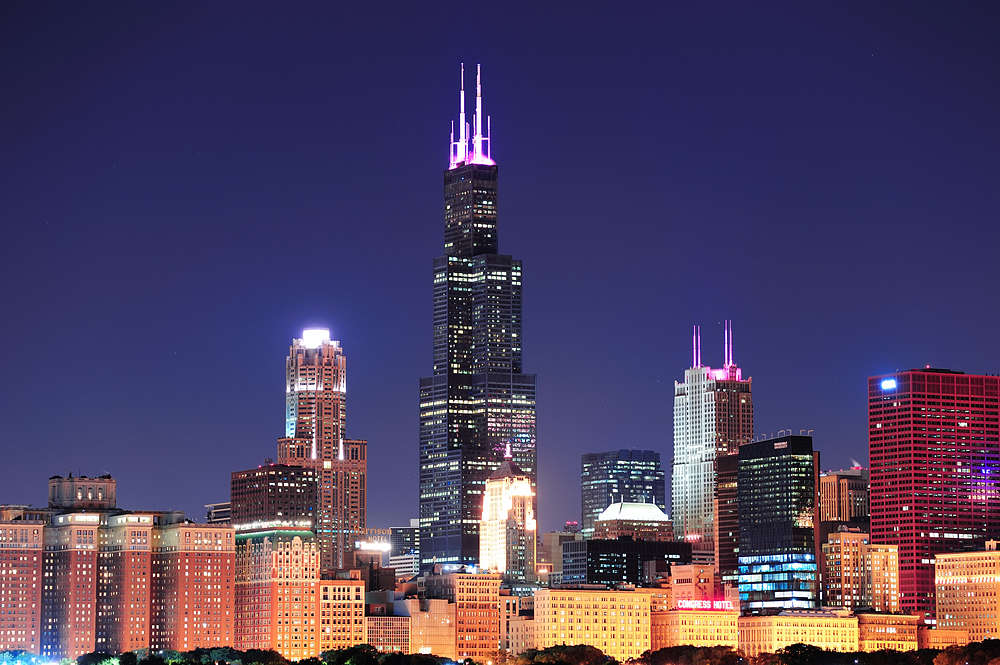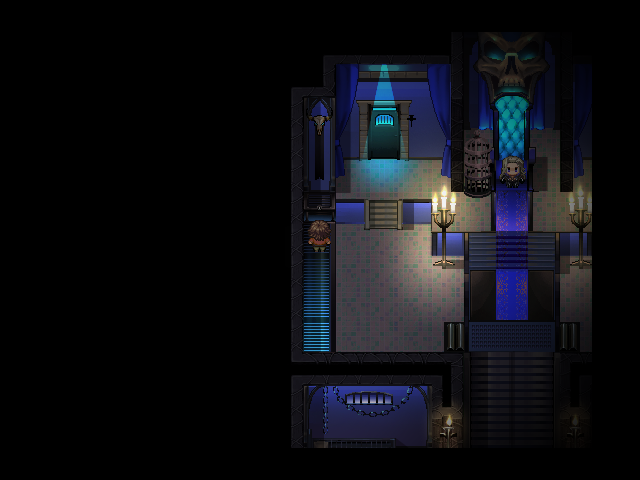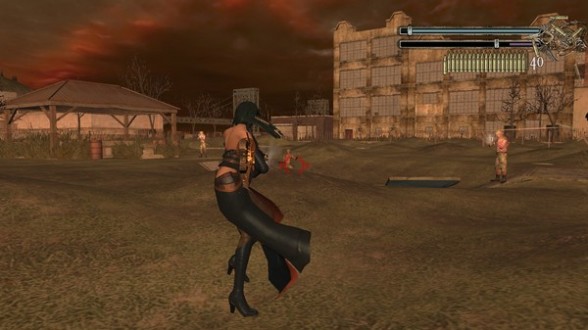

Up to and from Assyria and the cities of strong-land (Egypt ) The statement of the length and breadth from which the people shall come to her That day, and he shall come quite to thee Īnd there follows, in a longer but still remarkably measured and interrupted cadence, On this confession of unworthiness and trust the message of joy bursts in, with the abruptness and conciseness of Hosea or Nahum:Ī day to build thy fences (that is, cometh )

His punishment of them is temporary, but his forgiveness is eternal (18-20). He is a God of mercy, faithfulness and constant love, and only because of these characteristics does he forgive the sins of his people. No words can describe the excellencies of Israel’s God. These thoughts prompt a final expression of praise from Micah.

People of other nations will no longer fight against Israel, but will humbly acknowledge God’s almighty power and submit to his rule (16-17). He asks that God will work miracles for them as he did in the time of Moses (14-15). In a concluding prayer Micah appeals to God, the great shepherd, to rescue, protect and feed his people. Other nations will then find that it is their turn to suffer devastation because of their sins (11-13). Jerusalem will be rebuilt, and people from other nations will return with the believing Jews to settle in the new Jerusalem.

Those among God’s people who have remained faithful to him will then return to their homeland (8-10). Enemies may rejoice because of their conquest of Israel and Judah, but they themselves will in turn be conquered. Micah acknowledges the justice of God’s punishment in allowing the people to be taken into captivity. But they know also that somehow God will save the faithful (7). Those who remain faithful to God know that they are part of a nation that is doomed for judgment. Treachery and deceit are so widely practised that people cannot trust even their friends and relatives (4-6). Rich businessmen and other influential persons bribe government officials to cooperate with them in their evil plans (2-3). Gang warfare is widespread, and law-breakers buy protection from judges. All around him Micah sees a society that is in a state of moral decay. Judah as a nation is fruitless and of no use to God (7:1). The prophet can find nothing to satisfy him in the life of the people as a whole. Speaking as one of the genuine believers in the nation, Micah confesses that God’s accusations are true.


 0 kommentar(er)
0 kommentar(er)
